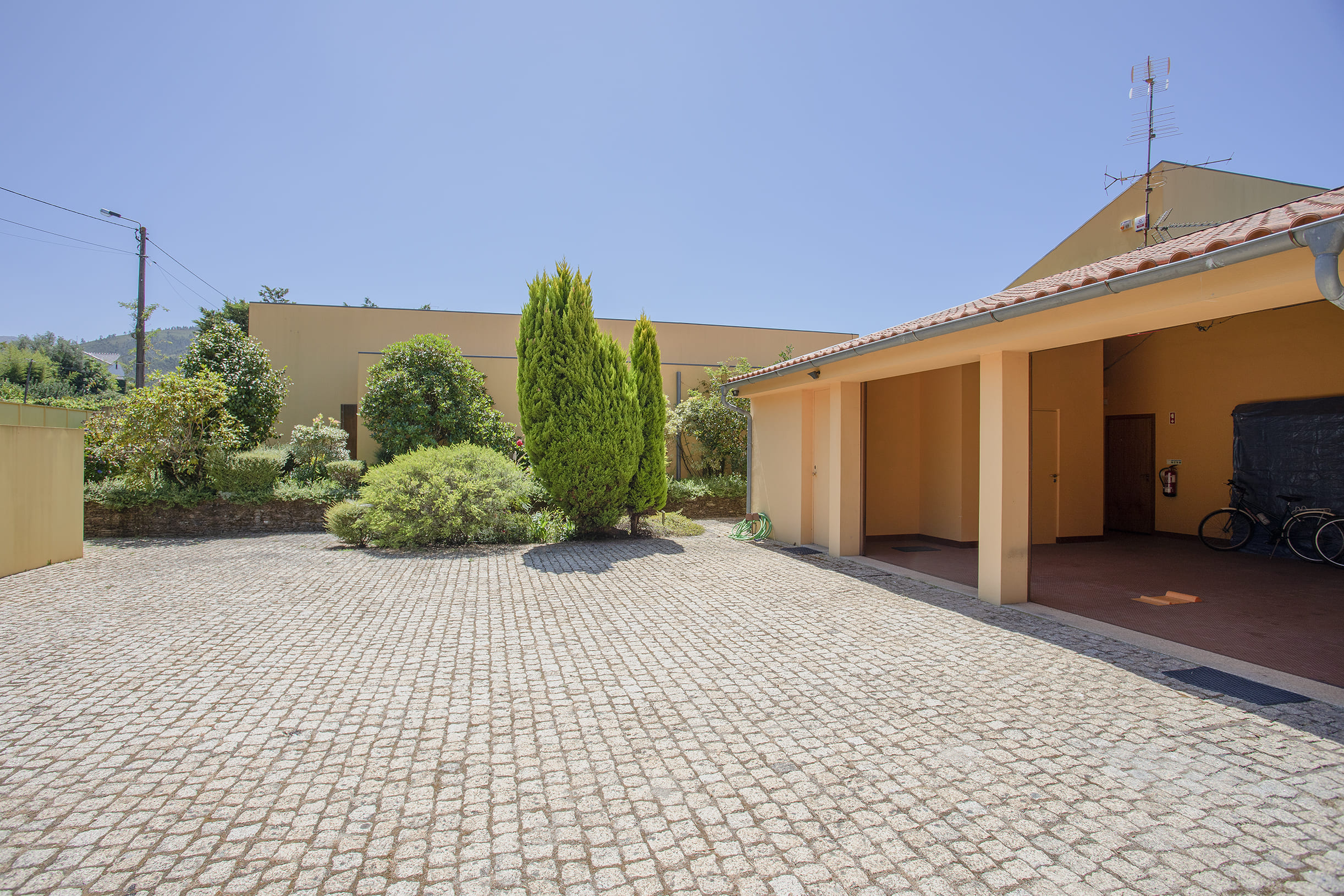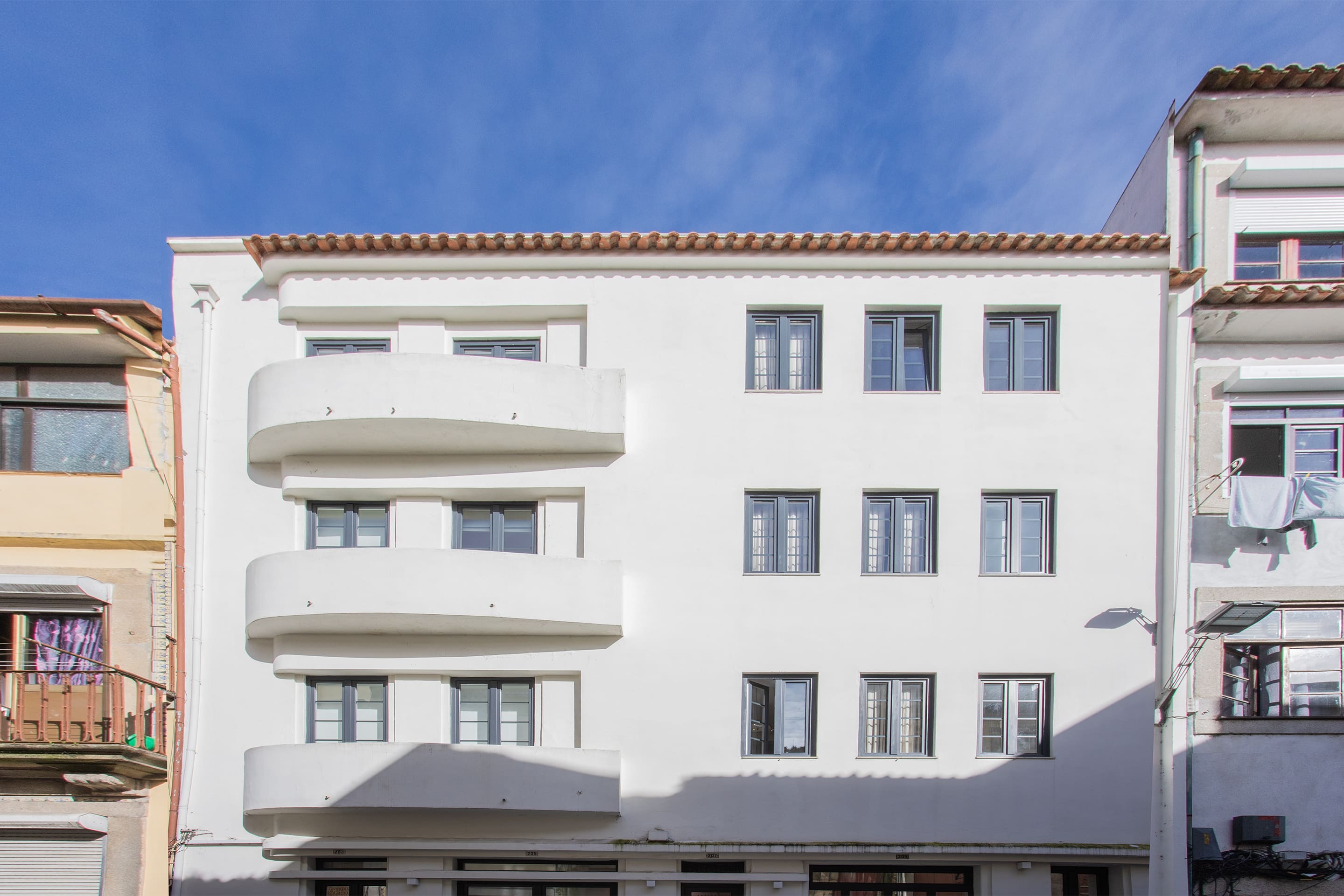
NEWS
Sustainable growth of local accommodation in the city of porto
2024-05-01
Recently, the city of Porto has faced several changes and challenges in the local accommodation sector. The new Municipal Regulation for the Sustainable Growth of Local Accommodation, in force since May 2023, has introduced significant measures to control the impact of this type of accommodation in the city.

1. Reduction in New Permits: Since the implementation of the regulation, there has been a notable downturn in the number of new permits issued. By July 2023, 445 permits had been granted out of a total of 1020 applications, a drop on the previous year. Areas of greater pressure, such as the Historic Center, are under stricter regulation for new applications.
2. Areas of Containment and Sustainable Growth: The city has been divided into "areas of containment" and "areas of sustainable growth". Containment areas, where the pressure from local housing is greater, have stricter restrictions. Examples include Cedofeita and Bonfim. Sustainable growth areas, such as Campanhã and Aldoar, have a lower concentration of local housing and therefore more flexibility for new requests.
3. Impact on the housing market: Local accommodation is often pointed to as a factor aggravating the housing crisis, but local authorities argue that it is not the only culprit. Ricardo Valente, a councillor at Porto City Council, points out that the problem is multifaceted, also involving low wages and foreign investment.
4. Specific Measures and Exceptions: The regulation allows exceptions for new local housing in specific cases, such as the occupation of buildings that have been vacant for more than three years or the promotion of street commerce and affordable housing in multifunctional projects. These measures aim to balance the need for tourism with preserving the housing supply for residents.
These changes aim to strike a balance between developing tourism and guaranteeing affordable housing for local residents, seeking to avoid gentrification and social exclusion.
